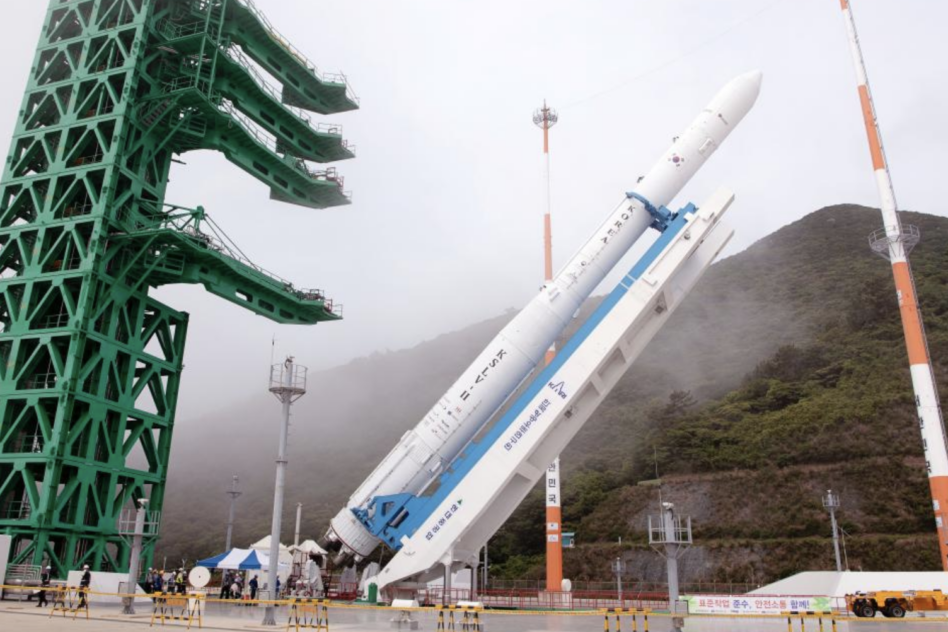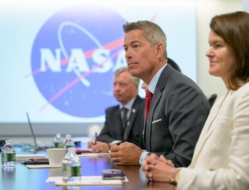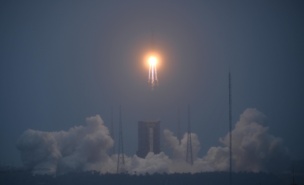South Korea is set to soon get its own NASA counterpart.
That’s the plan, President Yoon Suk-yeol said Monday. Yoon laid out ambitious plans for bolstering his nation’s space economy, including goals to land a spacecraft on the Moon by 2032 and Mars by 2045. The 2045 Mars landing is aptly timed for the 100th anniversary of South Korea’s liberation from Japan’s colonial rule.
“From now on, a country with a vision for space can lead the global economy and solve the problems facing humanity.” Yoon said Monday. “The dream for a space power will not be a distant future, but an opportunity and hope for children and young people.”
The fine text
Yoon is making good on a campaign promise to stand up a national space agency. His plan calls for the establishment of an agency by next year, production of a homegrown rocket for a lunar mission, and a strategy to begin mining lunar resources before 2032.
The new agency, Korea Aerospace Administration (KASA), will live under the Ministry of Science and ICT. It will be entirely separate from the existing Korea Aerospace Research Institute and is expected to form next year via passage of special legislation.
The policy
The roadmap also outlines six major policy goals:
- Explore the Moon and Mars
- Leap forward as a space technology powerhouse
- Foster the space industry
- Nurture space talent
- Realize space security
- Lead international cooperation
On that last point…Work with European spacefaring nations appears to be forming on the immediate horizon. Luxembourg’s Economic Minister Franz Fayot said Monday that the country is the ideal beachhead for South Korea’s space industry to expand into the European market.




